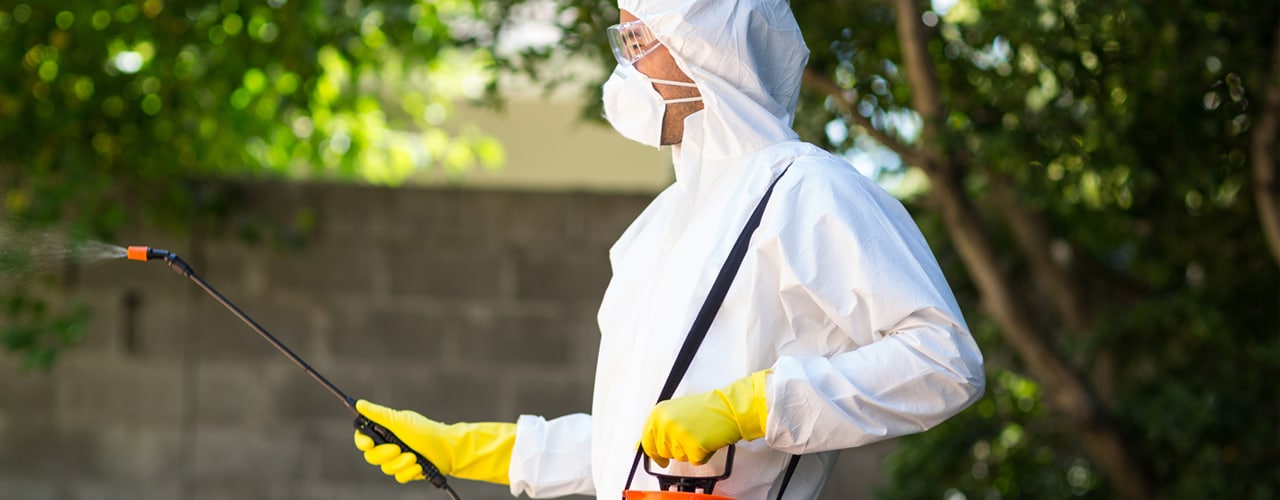
Cannabis consumers in Washington will soon have assurances that their favorite plant is far less likely to be tainted by nasty banned pesticides than has been the case in the past, thus making cannabis safer. While hundreds of pesticides are banned, testing for them has not been mandatory. And, while penalties for violating the ban are stiff, enforcement has been lackluster. Why? Because the state hasn't performed random testing on cannabis for banned pesticides. But, thanks to the work of many resilient cannabis journalists, that will soon change.
Washington State Liquor and Cannabis Board (WSLCB) announced plans to invest $1.15 million into protecting consumers by conducting spot testing. They have contracted with the Washington State Department of Agriculture (WSDA) to screen for prohibited pesticides. The WSDA will be dedicating two full-time employees to conduct screens of more than 100 common — but illegal — pesticides. They estimate they will be able to conduct more than 75 samples per month.
The plan is a “no-brainer,” and somewhat surprising that it’s only now coming into place. Who wants pesky pesticides (banned over safety concerns) in their favorite skunk bud? What a buzzkill! Oddly, while all legal cannabis is currently tested for microbes, fungi, and of course, potency, no such testing has been used for pesticides. The use of banned pesticides have long carried stiff penalties, but enforcement has been difficult without testing.
In the shadowy black market — prior to legalization — the use of pesticides (that are known to be toxic) was commonplace. But, to the surprise of many, the practice never went completely away after legalization and regulation. Trace Analytics, the state’s own contracted testing lab, discovered how widespread the use of pesticides were after purchasing new testing equipment. The evidence was overwhelming, prompting further action.
No doubt, with spot testing, it's impossible to guarantee that banned pesticides won’t ever make it to consumers, but it will help tremendously. Prior to the announcement, growers (who were so inclined) knew there was no chance they’d get caught. Now there’s going to be a mechanism in place to aid enforcement efforts, while putting would-be violators on notice that if they’re using pesticides, chances are that the law will soon catch up with them.
Who can you thank for pesticide-free cannabis? The resilience of a number of cannabis journalists committed to drawing attention to the issue — from Ricardo Baca’s coverage in the Denver Post’s The Cannabist to the Seattle Times and popular alternative media publications, The Stranger and Crosscut.
Adequate testing for pesticide residue on all sorts of cannabis products — concentrates, flower, vape pen cartridges, etc. — has long been a challenge. And, while the issue won’t go completely away, we’re at least now seeing some significant progress. Who wants to taint their cherished Durban Poison with Eagle 20?
